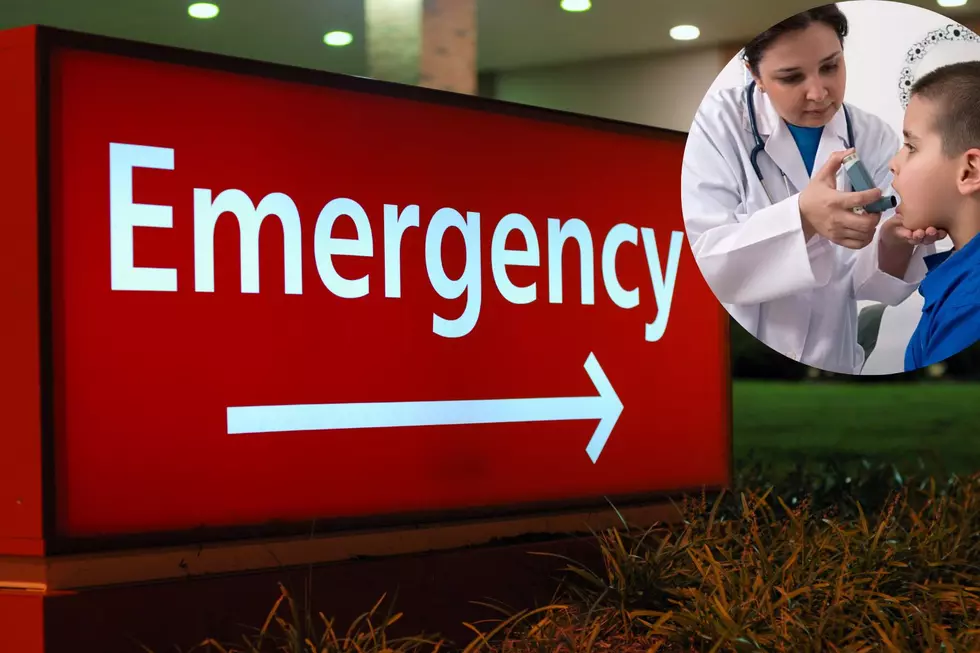
Back to School Brings New Health Threat in NJ, and Its Not COVID
Kids going back to school could be fueling a spike in a viral infection that is sending growing numbers of children to the emergency room with breathing difficulty.
The U.S. Center for Disease Control and Prevention continues to report a spike in enterovirus.
In the majority of infections, children present with cold-like symptoms, but this year New Jersey and a handful of other states are seeing an increase in severe reactions. This includes respiratory distress and weakness in their arms and legs.
Enterovirus is a cousin of the polio virus, and in very rare cases can even cause meningitis, an infection of the covering of the spinal cord and brain.
Both the CDC and the New Jersey Department of Health have issued advisory alerts to state pediatricians and hospitals.
Several New Jersey hospitals are reporting a spike in cases, and some have their pediatric intensive care units at or near capacity.
Children who have asthma and other respiratory complications and those recovering from COVID-19 are more likely to develop severe symptoms from an enterovirus infection.
According to the CDC website: Infections with non-polio enteroviruses are common in the United States during summer and fall. A mix of enteroviruses circulates every year, and different types can be common in different years.
The severe illness associated with this strain of enterovirus seems to peak every few years.
Prevention measures, according to the CDC, include:
- Wash hands often with soap and water for at least 20 seconds.
- Avoid touching eyes, nose, and mouth with unwashed hands.
- Avoid close contact, such as kissing, hugging, and sharing cups or eating utensils, with people who are sick.
- Cover your coughs and sneezes with a tissue or shirt sleeve, not your hands.
- Clean and disinfect frequently touched surfaces, such as toys, doorknobs, and cell phones, especially if someone is sick.
- Stay home when you are sick and keep sick children out of school.
If your child exhibits cold-like symptoms, it could be a common cold, allergies or a mild enterovirus infection. Consult with your pediatrician.
However, if you notice they are having trouble breathing, seek urgent medical attention.
These NJ towns have the highest rates of sexually transmitted diseases
Say you’re from Jersey without saying you’re from Jersey
States with the most registered hunters
More From Rock 104.1










